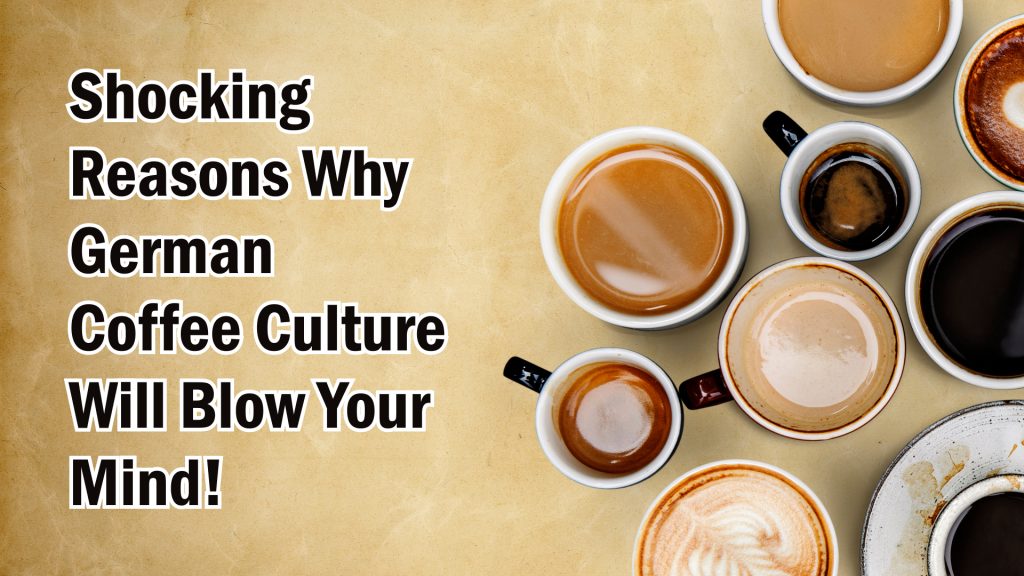
Stepping into a German café is like entering a parallel universe where time slows down, conversations deepen, and coffee isn’t just a beverage—it’s a ritual. In the heart of this caffeinated cosmos thrives “Kaffeeklatsch,” a tradition that marries the love for coffee with the joy of gossip, binding friends and strangers over steaming mugs and slices of cake. Like most other countries that celebrate traditions around this caffeinated drink, German coffee culture is worth discussing as well.
This isn’t merely a coffee break; it’s a cultural cornerstone, a testament to Germany’s knack for turning simple moments into rich, communal experiences.
Let’s uncover how this age-old tradition still percolates through the bustling streets, quaint town squares, and the very essence of daily life. From the hum of Berlin’s trendy spots to the tranquil charm of Munich’s hidden gems, every cup tells a story, every café holds a secret.
Whether you’re a digital nomad, writer or remote worker seeking the perfect spot to work with a view or a curious traveler on the hunt for the most quaint and quirky coffee shops, you’re in for a treat.
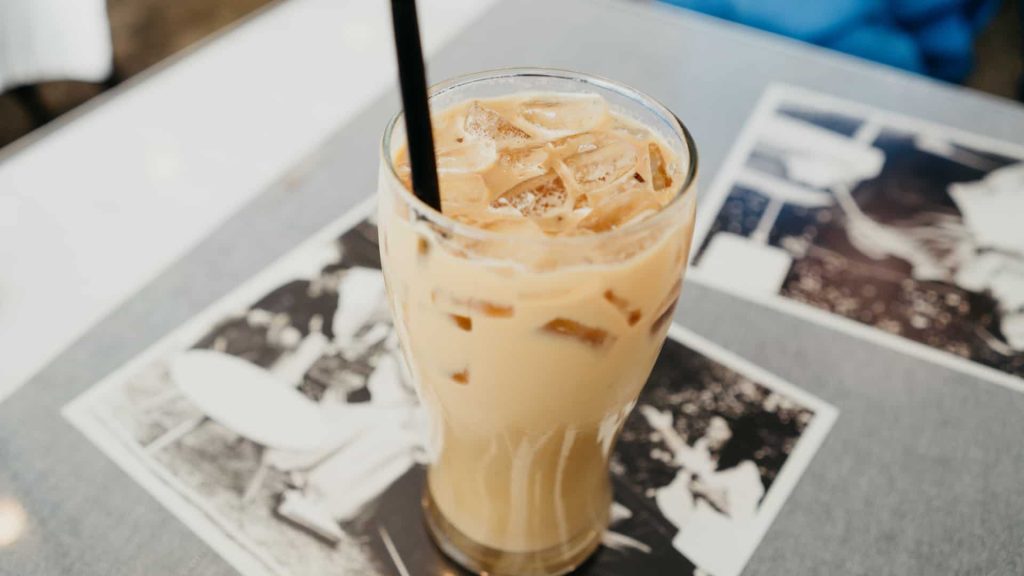
The History of German Coffee Culture
Coffee’s journey into the heart of Germany traces back to the 17th century, arriving on the gusts of global trade and the curiosity of the age of enlightenment. Initially the preserve of the elite, coffee’s aromatic allure soon captivated a broader audience, weaving its way into the social and cultural fabric of German society.
By the 18th century, coffee houses began to flourish, becoming vibrant hubs of intellectual and social exchange, echoing the grand coffee traditions of Vienna and Paris.
As coffee entrenched itself within German life, it gave birth to the cherished tradition of Kaffee und Kuchen (coffee and cake), a delightful afternoon ritual that transcends mere snacking. This practice, typically observed on weekends and special occasions, embodies the German penchant for conviviality, offering a moment of pause to savor life’s simpler pleasures with loved ones.
Consider Reading: How to Open Your First German Bank Account: A Step-by-Step Guide
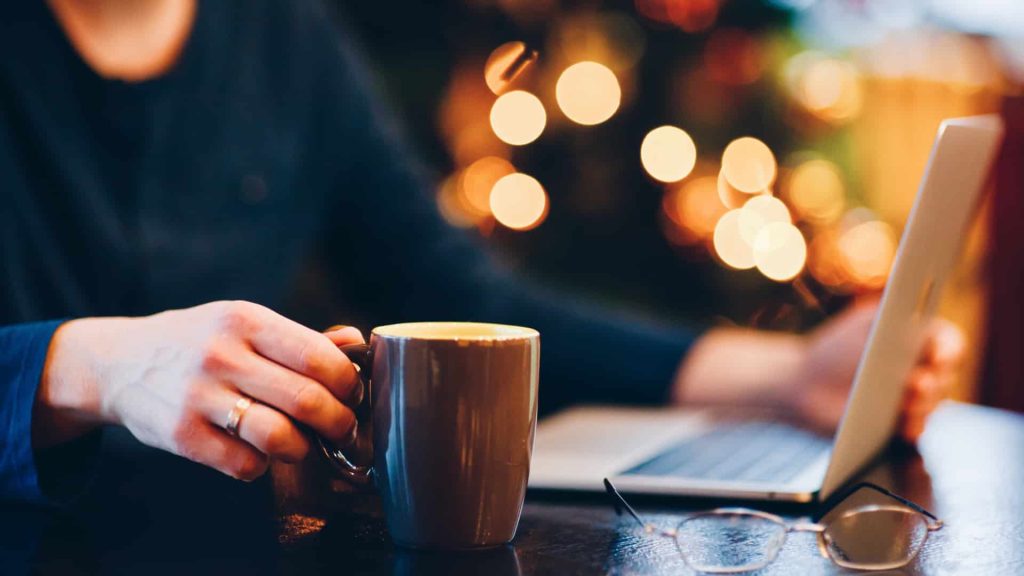
Over the centuries, this tradition has endured, evolving yet steadfast, symbolizing the enduring German reverence for coffee, not just as a beverage, but as a vital ingredient in the recipe of togetherness and celebration.
How is German Coffee Culture Celebrated in Cafes?
In Germany, the coffee shop serves as a sanctuary from the hustle and bustle of daily life, embodying a culture that prizes leisurely pace and quality over the quick convenience.
Stepping into a German café, one is greeted by an atmosphere that marries the rustic with the contemporary, where the aroma of freshly brewed coffee mingles with the subtle buzz of conversation.
Unlike the fast-paced grab-and-go coffee culture prevalent in some countries, German cafes are havens for relaxation and savoring the moment. Here, coffee takes center stage, with food often playing a supporting role, typically in the form of pastries, cakes, and light sandwiches.
The focus on quality is evident, with many cafes boasting well-brewed coffee from local roasters and showcasing a variety of brewing methods beyond the standard espresso.
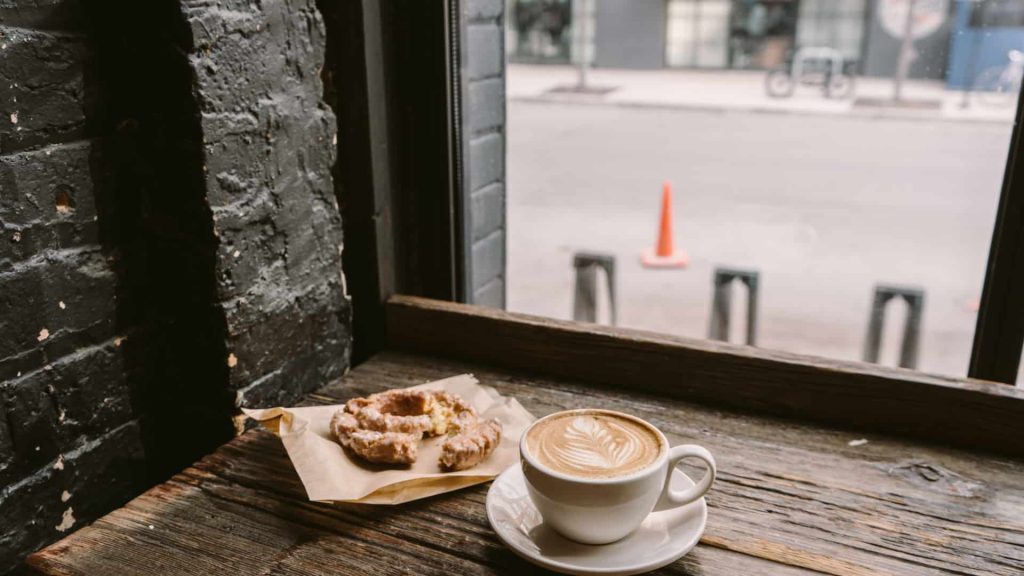
All About Kaffeeklatsch
Kaffeeklatsch, translating to “coffee gossip,” is the epitome of the German social coffee experience. This tradition, deeply rooted in the 18th century, extends beyond a mere coffee break, becoming a conduit for connection and camaraderie.
Whether in the cozy confines of a home or the inviting space of a café, Kaffeeklatsch gatherings are characterized by their informal and relaxed atmosphere, where conversations flow as freely as the coffee.
These gatherings, open to all ages and walks of life, often feature an array of sweet treats and provide a platform for everything from light-hearted chit-chat to deeper discussions, fostering a sense of community and intergenerational bonding.
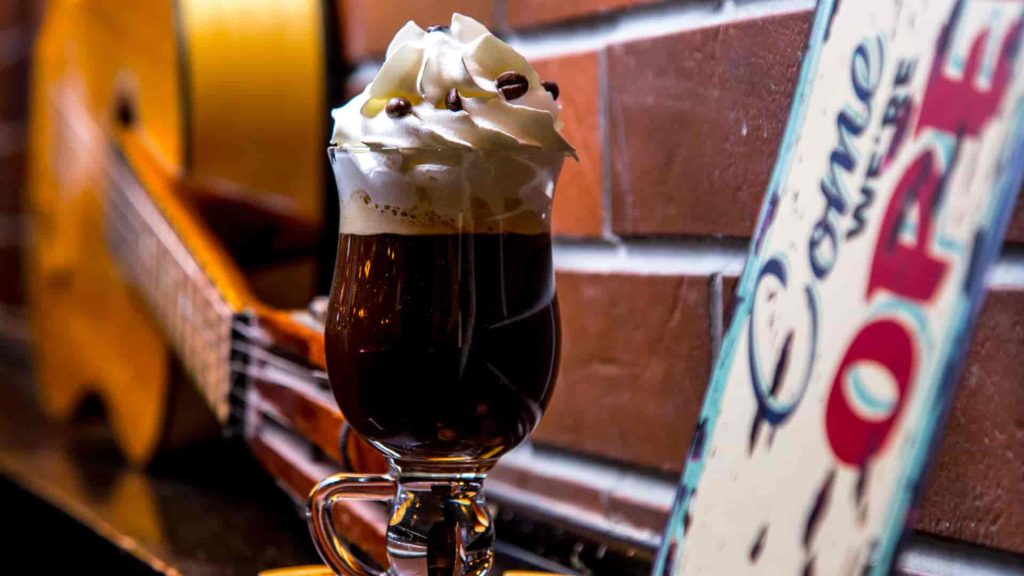
How Do German Coffee Shops Differ From Coffee Shops in Other Countries?
| Aspect | German Coffee Shops | American Coffee Shops | Italian Coffee Shops |
| Pace | Leisurely, with emphasis on savoring | Often fast-paced, with a grab-and-go culture | Quick, with coffee often consumed standing up at the bar |
| Focus | Coffee is the star, food is secondary | Equal focus on coffee and food, with larger meal options available | Strong focus on coffee, particularly espresso, with simple pastries or sandwiches |
| Service Style | Self-service is common, enhancing the casual atmosphere | Mix of counter service and table service, depending on the establishment | Typically counter service, especially for quick espresso shots |
| Brewing Methods | Variety beyond espresso, including pour-over and French press | Wide range, including drip coffee, espresso, and specialty brews | Dominated by espresso and its variations |
| Social Aspect | Kaffeeklatsch tradition emphasizes conversation and relaxation | Coffee shops as workspaces or meeting spots, with a social component | Coffee is a quick social ritual, often standing, with less emphasis on prolonged gatherings |
Read More: 7 Best Day Trips from Berlin for History Buffs
Remote Working in Local Coffee Shops in Germany
The rise of remote work and freelancing has transformed coffee shops across Germany into unofficial offices for many. These spaces, with their inviting ambiance and reliable Wi-Fi, offer a perfect blend of productivity and pleasure. German coffee shops, recognizing this trend, have adapted to become havens for the digital nomad and the freelance professional alike.
Facilities and Ambiance for Individuals working in Coffee Shops
- Reliable Wi-Fi: Essential for any remote work, German coffee shops provide stable internet connections, making them ideal for everything from emails to video conferences.
- Ample Power Outlets: Recognizing the need for constant power for laptops and devices, these cafes are equipped with accessible charging points.
- Communal Tables: Large tables encourage sharing space, making it easier to spread out your work without feeling cramped.
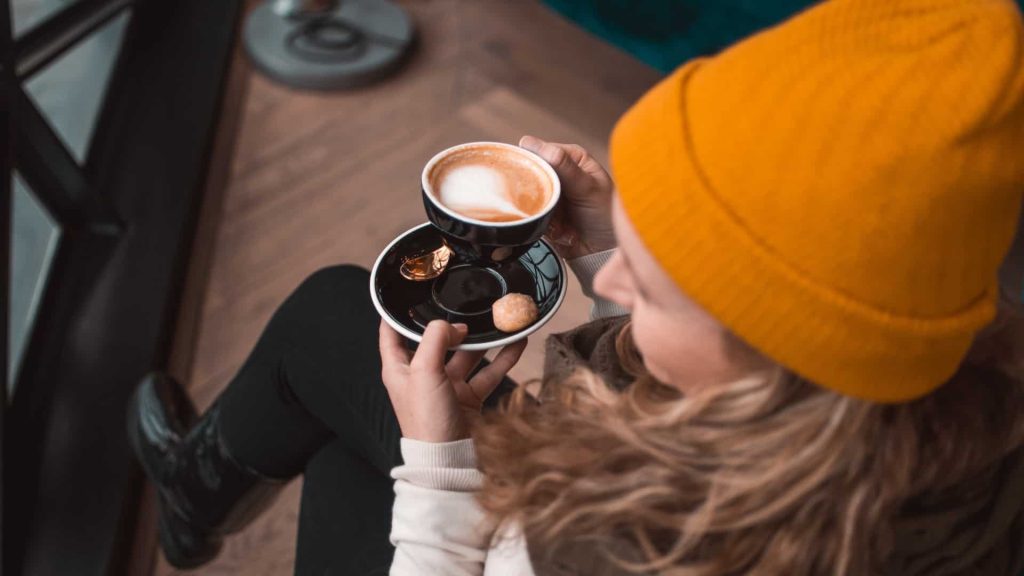
- Quiet Corners: For those in need of concentration, many coffee shops offer quieter areas away from the hustle and bustle.
- Outdoor Seating: For a breath of fresh air during work breaks, many cafes feature outdoor seating areas, perfect for warmer days.
Etiquette and Tips for Working in Coffee Shops
- Purchase Regularly: Support the café by buying a drink or snack periodically, especially if you plan to stay for several hours.
- Use Headphones: Maintain a quiet environment by using headphones for any audio or video content.
- Be Mindful of Space: During busy times, be considerate of how much space you’re occupying, especially if others are waiting for a seat.
- Limit Phone Calls: Take lengthy or loud phone calls outside to preserve the café’s peaceful ambiance.
Our Recommendation For You: The 5 Best German Language Apps for Immigrants
Top 3 Coffee Shops That Adhere to the Spirit of German Coffee Culture
#1 Five Elephant Mitte, Berlin
If you’re a serious coffee aficionado, Five Elephant Mitte should be on your Berlin itinerary. This award-winning specialty coffee shop sources high-quality beans from around the world and roasts them in-house. They offer a variety of brewing methods, from pour-over to espresso, and their baristas are passionate about sharing their knowledge with customers.
Features:
- They offer a variety of brewing methods, from pour-over to espresso, ensuring a truly exceptional cup for every coffee lover.
- The cafe boasts a clean and modern aesthetic, featuring a white interior with a custom-designed beige terrazzo counter adorned with brass inlays and abstract shapes.
- They work directly with coffee farmers, ensure fair wages, and minimize their environmental impact through responsible roasting and waste reduction techniques.
Location: Alte Schönhauser Str. 14, 10119 Berlin, Germany
Timing: Monday and Tuesday (8 AM – 6 PM), Wednesday and Sunday (9 AM – 6 PM)
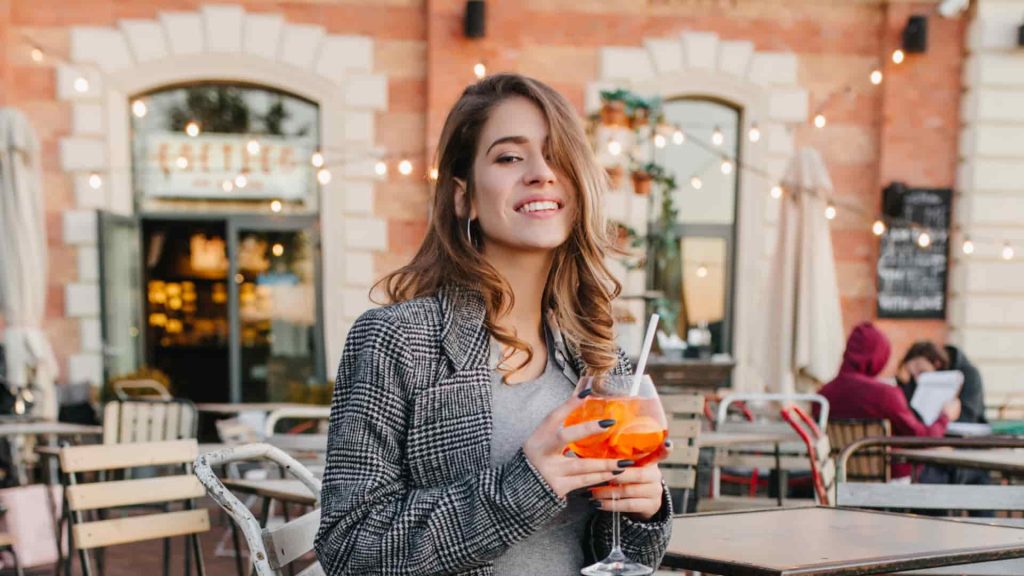
#2 Cafe Glockenspiel, Munich
Step back in time at Cafe Glockenspiel, a traditional Bavarian cafe located in the heart of Munich’s Marienplatz. Founded in 1862, the cafe boasts a charming atmosphere with its ornate facade, glockenspiel clock tower, and gemütlich interior.
Features:
- The cafe’s location offers stunning views over the Marienplatz square, including the New Town Hall and St. Peter’s Church.
- They have a wide selection of Bavarian specialties, from sausages and pretzels to hearty stews and traditional Apfelstrudel and also offer their famous Hofbräuhaus beer along with classic coffee drinks.
- Don’t miss the charming spectacle of the glockenspiel clock tower’s miniature figures performing a show twice a day (11:00 AM and 5:00 PM).
Location: Marienplatz 28, 80331 München, Germany
Timing: Monday to Saturday (9 AM – 11 PM), Monday (10 AM – 6.30 PM)
#3 Konditorei Heinemann, Dresden
Experience Dresden’s sweet side at Konditorei Heinemann, a historic confectionery dating back to 1878. This renowned cafe is famous for its handcrafted chocolates, Dresden Stollen, and other delectable pastries. The elegant interior, with its marble counters and chandeliers, adds to the luxurious experience.
Features:
- Their signature Eierschecke, a creamy cheesecake unique to Dresden, is made with a closely guarded family recipe dating back generations.
- Konditorei Heinemann has served countless dignitaries and celebrities throughout its long history, including Queen Elizabeth II and Albert Einstein.
- Witness the artistry of their skilled chocolatiers who create intricate and lifelike sculptures from pure chocolate.
Location: Martin-Luther-Platz 32, 40212 Düsseldorf, Germany
Timing: Tuesday, Wednesday, Friday and Saturday (9 AM – 6 PM) and Thursday (9 AM – 2.30 PM)
Make sure to read: Learning to Love German Winters: 5 Places to Visit in the Winter
Coffee Varieties and Specialties in Germany
Germany’s coffee scene is as diverse as it is rich, with a variety of specialty drinks that cater to every taste. Here’s a glimpse into some popular German coffee varieties:
- Milchkaffee: A comforting blend, Milchkaffee is akin to a latte, consisting of strong brewed coffee mixed with a generous amount of warm milk, making it a creamy delight.
- Eiskaffee: Perfect for warm days, Eiskaffee is not your typical iced coffee. It’s a sweet treat made with chilled coffee, a scoop of vanilla ice cream, and often topped with whipped cream and chocolate shavings, served in a tall glass.
- Pharisäer: A unique concoction from North Germany, the Pharisäer is a potent mix of strong coffee and a shot of rum, typically crowned with a thick layer of whipped cream to prevent the alcohol from evaporating. Traditionally, it’s served without a spoon to discourage stirring, ensuring the coffee and rum remain a hidden surprise beneath the cream.
Final Sip: Navigating the Richness of German Coffee Culture
In wrapping up our exploration of Germany’s coffee culture, it’s clear that the country’s cafes are more than just places to grab a caffeine fix. They stand as testament to a deeply ingrained tradition that values quality, community, and the simple pleasure of a well-brewed cup.
Each coffee shop in Germany serves as a unique chapter in the nation’s caffeinated narrative, inviting both locals and visitors to pause, savor, and connect over their shared love for coffee.
Let the distinct flavors and stories of each locale enrich your understanding of what truly makes a German coffee shop experience.




